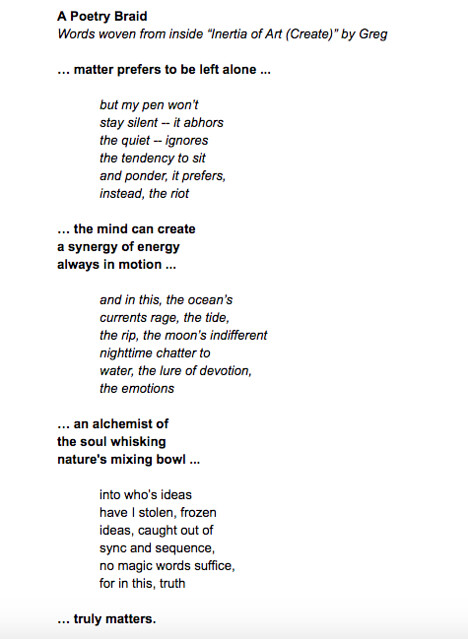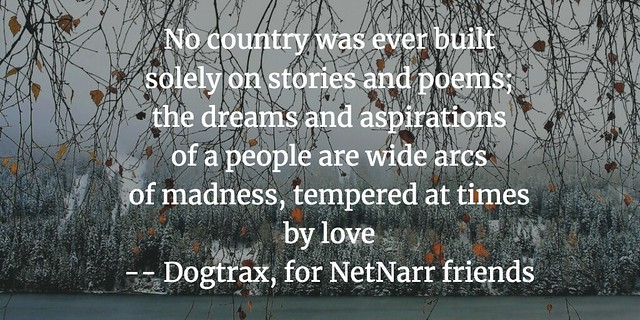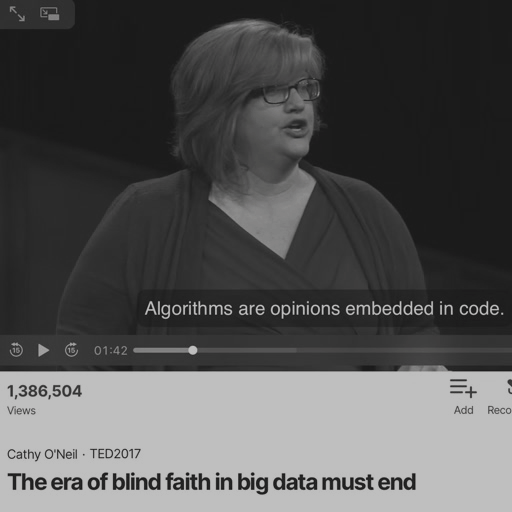
Each morning in February, I have been turning to the above calendar of prompts for poetry as part of a month-long CLMOOC connected writing project. (See more about what we’re up to here, and add a few words to a Poem Request form and get yourself a poem.)
Not every day’s poem is a keeper, although I do have a site where I write the poems every morning, and I post them over at Mastodon and on Twitter, this month. Here are five recent poems that I think are worth a second look.
Theme: Negotiate
A writer
always negotiates
the correct word
the right phrase
the perfect order
of story, set into motion,
though such terms
never fully placates
the mind, which demands
devotion to craft,
an unending ocean
of revision and draft
Theme: Kindness
Sometimes
it is a bit like
flying blind;
this being kind
Theme: Love
For, despite
the commercial
value of such an
over-sold,
red-hearted,
designated day
of purchase power,
remember, too,
thatlove becomes us
Long after
the shelves clear,
we’ll still be
holding hands
and whispering
secrets together
Theme: Friendship
The bracelet snaps
my attention; she points
and explains that she’s
the purple, and her companion,
the pink, the two of them
twined forever on her wrist,
twisted forever together
with fingers, in friendship;
all while she’s reminding me
of this in her quiet voice,
as if I had forgotten, but
I had not
Theme: Peace
Meet me where
the river releases
eddies, small clusters
of currents over
roots and rocks,
where we’ll race our
fingers over water
of mountain glacial melt
and time’s perpetual tears,
where we’ll glide our fingers
over the swirling surface,
until the tension becomes
calm; the circles, smooth;
the place where
we practice peace
I hope you find time to write some poems, too.
Peace (left all around us),
Kevin









